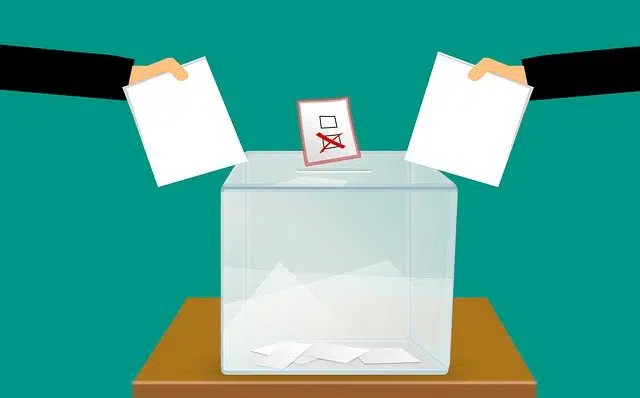
A choice involves choosing or selecting something or someone.
The term choice refers to the act and consequence of choosing : selecting or choosing something or someone . The concept comes from the Latin word electio .
All people choose at every moment. What to have for breakfast and how to dress to leave the house, for example, are choices that most people make daily as soon as they wake up.
What is an election
A choice, in essence, is the result of a mental process through which different alternatives are analyzed and one is chosen according to convenience or the value attributed to it . Suppose a man wants to buy a new telephone: after studying the various equipment available, he must choose one according to the resources available to him and his interests. The choice, in this case, involves specifying the acquisition of a particular telephone device.
In the case of homosexuality, for example, it is worth mentioning that there are those who speak of choice while others consider it an issue that develops spontaneously, impossible to control. No one should speak about a third party with more authority than themselves to describe their personality or tastes, which is why it is enough for each person to know how they feel and, if they wish, why they feel that certain way.
Treating homosexuality as a choice can have a negative nuance if it is done by someone who does not accept it within normality, because in this way it brings it closer to the realm of whims instead of recognizing it as one of the many possibilities. While in an ideal society we shouldn't spend time and energy categorizing people, but instead let them live in peace as long as they don't invade our freedom , if we really feel the need to qualify someone's sexuality perhaps the softer term is orientation .

Elections, in a democratic regime, allow us to establish who exercises the government of the State.
The tastes
As mentioned in a previous paragraph, a choice is not a state but a result , it arises as a consequence of an evaluation of varying complexity and length, depending on the case. In no way should we confuse its meaning with that of tastes , since these are formed through our experiences as part of our personality, both on the physical and emotional levels, and we cannot control them in any way.
These differences between tastes and choices can be seen in those difficult decisions in life that lead us to opt for an option that we do not like but we do so because we understand that it is convenient for us. Our tastes are something visceral, they move us beyond our will to choose leisure activities, areas of interest for study, people we are physically attracted to, dishes of food, books, songs and movies; Elections, on the other hand, may or may not be related to all this, since what is important in them is the objective and not an impulse.
There are multiple types of choices: rational, impulsive, made after a long time of reflection, decided urgently, etc. Sometimes, having numerous options makes the choice difficult, since comparing all the possibilities can be complex.
Elections in democracy
When the notion is used in the plural ( elections ), it usually refers to the democratic mechanism that allows citizens, through suffrage , to designate the leaders who will hold political office. Elections, in this way, make it easier for individuals to make decisions related to the management and administration of public affairs .
Although the way elections are held depends on each country, it is common for there to be candidates running for office. The inhabitants, in this way, have to vote to define who or who they grant the responsibility.
